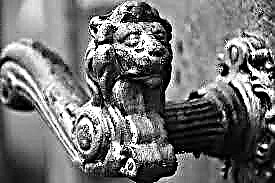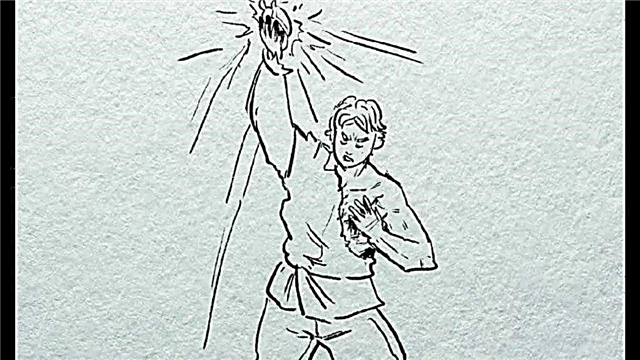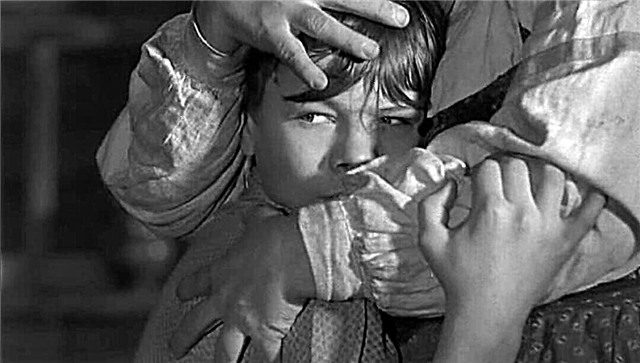At the center of the unfinished play is the image of an ancient Greek thinker, statesman, poet, physician Empedocles, who lived in 483-423. BC e. The action takes place in the homeland of the philosopher - in the town of Agrigent in Sicily.
Vestal Panthea secretly leads his guest Ray to the house of Empedocles, so that she can at least from a distance look at a wonderful person who feels himself to be a god among the elements and composes divine chants. Pantea owes him the healing of a serious illness. She enthusiastically talks about a sage who knows all the secrets of nature and human life, how responsive he comes to the aid of the afflicted, how much he has done for the benefit of his fellow citizens. Rhea realizes that her friend is in love with Empedocles, and she does not hide her feelings. Pantheus is worried that Empedocles has been gloomy and depressed lately; she foresees that his days are numbered.
Noticing the approach of Panthei's father - the archon Critius and the main priest of Hermocrates, the girls disappear.
Men with gloating reason: Empedocles passed, and rightly so. He imagined himself too much, revealed to the mob divine secrets, which were to remain the property of priests alone. His influence on the people was harmful - all these impudent speeches about a new life, which should replace the old, familiar way of life, calls not to submit to primordial customs and traditional beliefs. A person should not violate the limits set for him, rebellion turned into a defeat for Empedocles. As he retired from all, it was rumored that the gods took him alive to heaven. The people are accustomed to consider Empedocles a prophet, sorcerer, demigod, it is necessary to overthrow him from the pedestal, to expel him from the city. Let fellow citizens see him with a broken spirit, having lost their former eloquence and extraordinary abilities, then it would not cost anything to restore them against Empedocles.
Empedocles is tormented - it seems that pride ruined him, the immortals did not forgive him the attempt to be on a par with them, turned away from him. He feels powerless and devastated - he subjugated nature, having mastered its secrets, but after that the visible world lost in his eyes beauty and charm, everything in it now seems petty and unworthy of attention. In addition, he remains incomprehensible compatriots, even though they worship him. He never managed to raise them to the height of his thought.
The student Pausanias is trying to encourage Empedocles - he was just tired of what kind of life defeat there can be, because it was he who breathed meaning and reason into the state. But Empedocles is inconsolable.
Germocrates and Critias lead the inhabitants of Agrigent to look at the defeated idol and his suffering. The philosopher enters into a dispute with Germocrat, accusing him and the whole priestly fraternity of hypocrisy and falsity. The people do not understand the ludicrous speeches, the Agrigentians are more and more inclined to think that Empedocles's mind is clouded. And here is Germocrates repeating the curse of the gods sent to the impudent rebel and the danger of further communication with those whom the immortals rejected. Empedocles is doomed to exile from his hometown. In parting, the philosopher talks with Critias, he advises the archon to move to another place if his daughter is dear to her - she is divinely beautiful, she is perfect and withers in Agrigent.
Leaving his father’s shelter, Empedocles sets free slaves, ordering them to grab what they like in the house and try not to fall into captivity anymore. Outraged by the monstrous injustice of fellow citizens in relation to Empedocles, Panthea comes to say goodbye to the philosopher, but no longer catches him.
Having overcome the mountain trails, Empedocles and Pausanias ask to spend the night in a peasant's hut, but the owner is wary of the travelers, and when he finds out who they are, he drives away with curses. Pausanias is dejected, and Empedocles comforts the young man. He has already decided for himself: the way out of the spiritual crisis that has seized him is to return to the “ether father” and dissolve in nature.
Repentant agrigedians, having caught up with the exile, in vain offer Empedocles the honor and the royal throne. The philosopher is adamant: after the ridicule and persecution that fell to his lot, he rejected the society of people and does not intend to sacrifice his soul and beliefs to them. The anger of the people turns to the main priest, who deprived them of the protection of the messenger of the gods, and all because he did not want to bear the superiority of others. Empedocles begs to stop arguing and scolding. He calls on fellow citizens for a bright community in the field of work and knowledge of the world, for the creation of new forms of social structure. He is destined to return to the bosom of nature and by his death to affirm the beginning of a new birth.
Empedocles says goodbye to Pausanias, he is proud to have raised a worthy student in whom he sees his successor. Left alone, he rushes into the fire-breathing crater of Etna to burn in his flame.
Having learned from Pausanias about what had happened, Panthea was shocked: a man was fearless and truly majestic, having chosen such an end for himself.

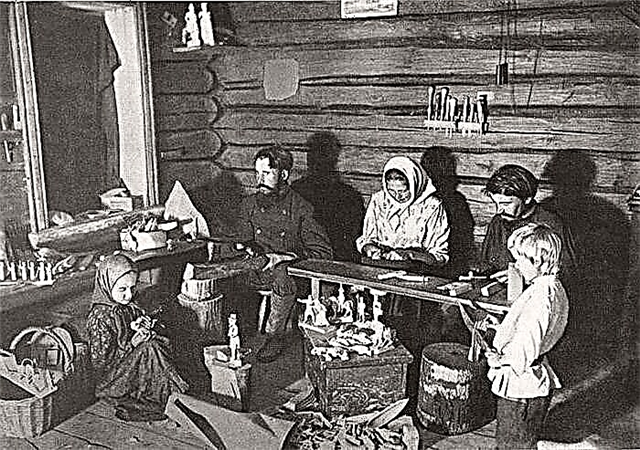

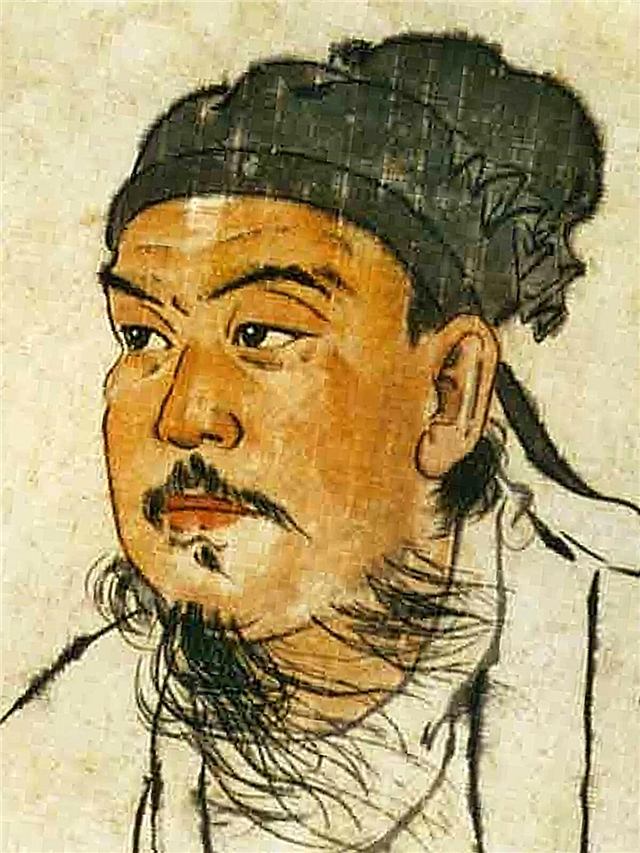

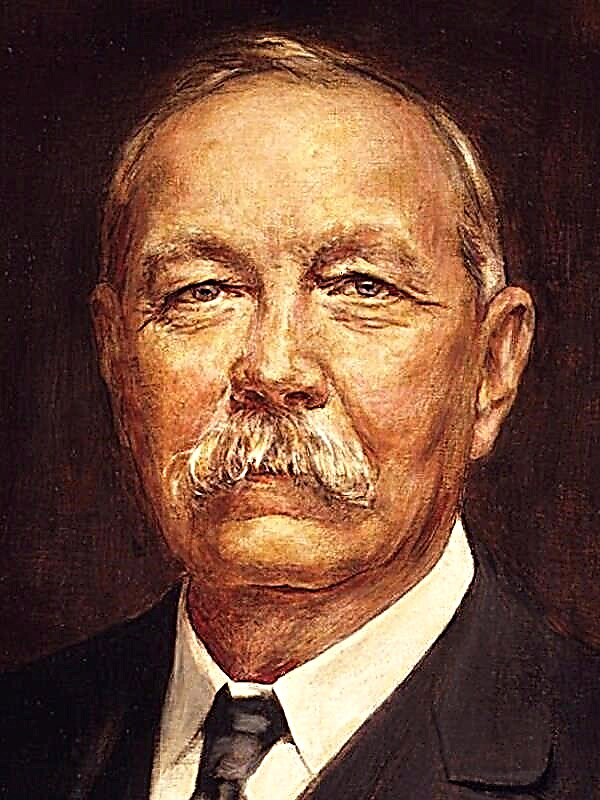
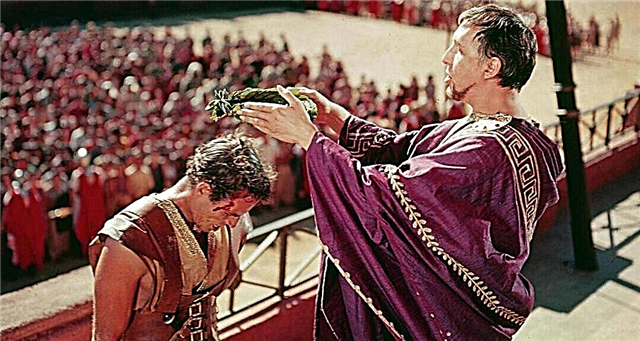 Ben gur
Ben gur
